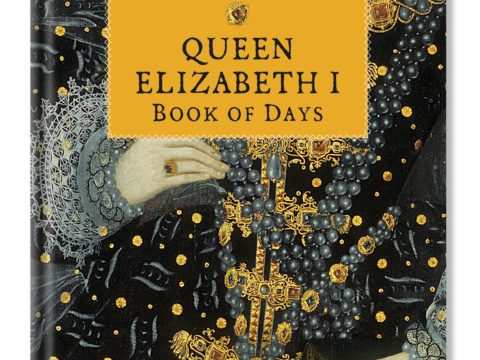John Knox: Life Story
Chapter 3 : The Preacher of God
Knox’ rhetorical gifts were soon noticed by the Castilians. Rough, who was the preacher for the group, intended to leave St Andrew’s to take part in the on-going negotiations with England. He and Balnaves nominated Knox to take on the role. Knox had previously been supporting Rough – helping him write counter-arguments to those presented by Dean Annand from the University of St Andrew’s, in the town’s Holy Trinity Church.
Knox initially refused the more public role of preaching, but Rough called him in front of the whole congregation of Castilians to take up the vocation laid upon him by God, lest the Lord be displeased with him. The congregation seconded Rough vociferously.
Knox wrote that he was distressed, feeling he had no call, and for several days took refuge in silence and prayer, before accepting the inevitable. There was not just the matter of whether God was really calling him to preach, but also the very real risk of following in the path of Wishart.
Whilst he was still debating in his own mind whether to accept the call, he debated publicly with Dean Annand, and proved so inspiring to the congregation of Holy Trinity, the town church of St Andrew’s, that they too, echoed the congregation of the castle and begged him to preach. Knox had no choice but to accept that it was God’s will that he should undertake a public ministry.
From this time onward, Knox saw himself as a shepherd of the faithful, whose duty was to guard and admonish his flock. Most importantly, he saw his role as defending the true Church of believers, from the false Church of Rome, which, for him, had come to seem the Anti-Christ. His style of preaching was to prepare thoroughly – his arguments, his chapters and verses and his rhetorical structures, and then to speak without notes so that the Spirit of God could work through him.
The initial reception of Knox’ first sermon, which expounded on Rome and the Papacy as the ‘Beast’ of the Apocalypse, was not for him to be hurried off to the stake, as might once have happened, but for the local Sub-prior of St Andrew’s, John Winram, Vicar-General of the district, to open a formal academic debate, as had been practised for centuries in the universities.
Winram, although he did not at this time become an avowed Reformer, permitted Knox a great deal of latitude, even allowing him to administer the Eucharist in Reformed fashion, and a solid Reformed congregation began to grow in the town of St Andrew’s.
But the political situation was still fraught. The Castilians hoped for rescue from England, but before any help could materialise (had the English even considered sending it), they were attacked both by Arran, and from the sea by the navy of Henri II of France. The castle fell, and Knox and the others were captured and taken to France.
Knox and his fellow captives were not executed, but instead, whilst the nobles were imprisoned, Knox and the other commons, were sentenced to the galleys. This was, essentially, slavery, and a miserable existence, although the actual treatment of the galley-slaves was not significantly worse than the treatment of the free sailors. They were fed, clothed, and even allowed wine-rations when on shore, but they could not leave. During the winter of 1548, when the galley was in harbour, Knox was able to study and write, summarising Henry Balnaves’ treatise on the doctrine of Justification by Faith Alone.
In 1549, the cessation of hostilities between France and England, allowed the English to request that Knox and the other Castilians be freed. Knox was released, and sent £5 by no less a figure than the Lord Protector of England, Edward, Duke of Somerset. In return for this, he was to take a role as chaplain to the English army in Berwick.
The selection of Berwick was deliberate. The town had been the scene of struggle between England and Scotland for centuries. By placing a Scot there, in English pay, Somerset could hope that Knox would influence his countrymen close to the border, both politically and theologically. After eighteen months in the galleys, he was also likely to be easily accepted as one of their own by the soldiers.
Although the English had scored a major victory over Scotland at the Battle of Pinkie, they were unable to follow it up, for lack of money and the need to divert manpower to the rebellions of 1549. This gave the pro-French faction in Scotland a breathing space, and enabled the Dowager Queen, Marie of Guise, who was challenging Arran for the regency, to secretly send the young Queen Mary to France.
In 1550, Somerset was ousted as Lord Protector by the Earl of Warwick (later Duke of Northumberland). Warwick negotiated a peace between England, France and Scotland. With a reduction in political tension, Knox was free to concentrate on his religious and pastoral role.




